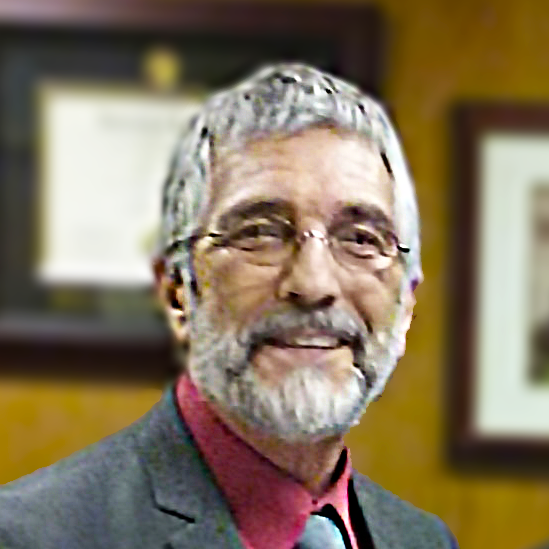
A new, two-year legislative cycle in Sacramento began this year, and with it, up to a quarter of California’s Senate and Assembly were newly sworn in. New legislators are usually relatively fresh to the process of authoring bills and represent new opportunities for CPFA to partner with on writing and authoring new legislation. The high turn around this year was unprecedented, so naturally we had high hopes that we would be able to secure at least one legislator willing to work with us to author a bill in time for the February 17 deadline. Regrettably, this didn’t happen.
CPFA’s Legislative Task Force was formed last year, and we worked hard for a good six months to flush out and widdle down our ideas for new Ed Code language that we could pitch to friendly ears at the Capitol. We managed close to twenty appointments with legislator’s offices in January and February alone. It was tiresome work, but despite falling just short of our goal, we learned a great deal, which will only ensure that we will be more successful in partnering with a legislator this coming fall.
So, what went down in our meetings with legislators and their staff? And what proposals will we be bringing to legislators in the coming months? The first proposal is a reintroduction of AB 1856 (originally sponsored by CFT the last two years. This bill passed unanimously in both houses twice, only to be vetoed both times by Governor Newsom. Since this bill had so much success with legislators and had come so close to being approved by the Governor, CPFA decided to pick up where CFT left off and make this one of our top priorities. We hope that a new and improved introduction will better explain how raising the workload cap from 67% to 80-85% will not result in any mandated healthcare costs, which was the faulty assumption by both the Governor and the Chancellor’s Office. (See CPFA Legislative Efforts)
The second proposal we will bring to legislators again is aimed at strengthening seniority rights and adding “just cause” language to the Ed Code. Both strong seniority rights and “just cause” procedures are fundamental to making part-time work more secure and less precarious. It is our position that without these more basic rights that ensure job security, there would be little improvement to part-time work in the California Community College System even if we managed to claim healthcare benefits through districts, higher wages or paid office hours.
Now, I know many of you may feel that the workload cap, seniority rights, and “just cause” procedures are relatively minor issues that pale in comparison to, say, the need to abolish the entire two-tier system outright. While that certainly is true, the most pragmatic approach is always to pick off the lowest hanging fruit first. Since raising the workload cap, solidifying seniority rights and codifying “just cause” procedures are straightforward, targeted and nearly universal principles of fairness, they ought to be the easiest proposals to push through. Moreover, should we succeed in getting these three proposals to pass, they would have an immediate and profound effect on the daily lives of part-time faculty throughout the state. No matter how you swing it, moving every CCC district from the two-tier to a one-tier system, where all faculty are on a single salary scale, is an enormous undertaking that will take a tremendous amount of time, resources and a groundswell of support that is still only in the nascent stages. “Aiming low” and working our way up is the most practical way to achieve real, meaningful changes to improve the working conditions of part-time faculty right now.
CPFA’s incremental approach to new legislation is also the smart way to do “business” in Sacramento. Since both of our proposals are no-cost items, and considering that California’s deficit is getting larger and the budget tighter, we can appeal to the fiscally responsible.
CPFA is watching two bills currently in the Assembly that pertain to California’s community college part-time faculty. First, is AB 260, which is the parity bill put forth by the California Teachers Association and the Community College Association (CTA/CCA’s). The second is AB 1190 (Jacqui Irwin-D), regarding office hours, which was put forth by Assemblymember Miguel Santiago-D and California Community College Independents (CCCI). Let me know if you have any questions on these two bills.
On an entirely different note, CPFA could use some talented, committed people to help us achieve our goals to advocate, educate and help legislate on behalf of the nearly forty thousand part-time faculty working in the CCC system. You don’t have to be on the Executive Council to contribute. Contact me if you are interested in our cause and might be able to serve in an alternative capacity. If nothing else, please consider becoming a due-paying member of CPFA, which will support our work and our cause.
Author’s Note of Acknowledgement:
CPFA’s Task Force included Raymond Brennan, former CPFA Legislative Analyst, Deborah Dahl Shanks, DVC retiree and former member of CPFA’s Executive Council (EC), Stacey Burks, president of Butte College’s Part-time-only bargaining unit, Scott Douglas, current EC member representing the Southern California region, Daniel Thompson, also at Butte College and current Legislative Analyst for CPFA’s EC, and yours truly,John Martin, CPFA Chair. I personally have a great amount of respect for these folks for their commitment to see this through. Their combined efforts were outstanding. Their foresights and wisdom are incredible…Thank you, Raymond, Deborah, Stacey, Scott and Daniel!

